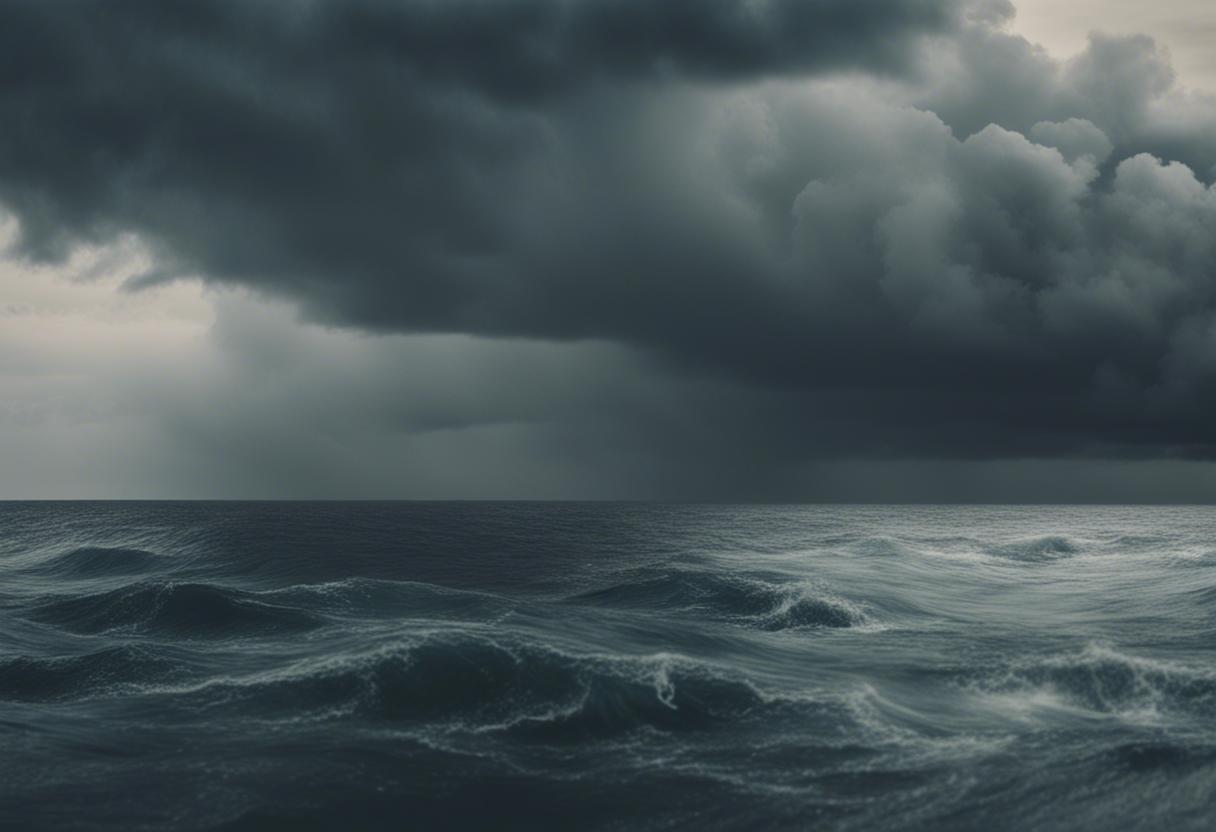In reviewing Dr Olive Heffernan’s book, we’re reminded of a sentiment echoed by Anglo-American author, Bill Bryson more than two decades ago, when he professed our profound ignorance regarding the marine life inhabiting our oceans. Despite being somewhat aged, Bryson’s words from his book, A Short History of Nearly Everything, remain alarmingly relevant.
Dr Heffernan, a marine biologist and notable science journalist, has explored multiple dangers looming over the two-thirds of our planet that encompasses water, a realm our species deserted around 400 million years past. Deep-sea mining, mass-scale commercial fishing, and plastic contamination are prime culprits in her analyses.
Interestingly, one of the proposed sites for deep-sea mining is the Clarion-Clipperton Zone in the Pacific, a region rich in 90% of species that are new to scientific discovery. It falls under the jurisdiction of the relatively obscure International Seabed Authority. As Dr Heffernan highlights, such organisations often give a false impression of enforcing regulations.
She points out over twenty potential solutions leveraging the oceans to counteract greenhouse gas emissions. These vary from depositing a trillion tonnes of powdered olivine rock in the sea to storing enormous bundles of kelp deep under the ocean to marine cloud brightening, a form of solar geoengineering meant to cool the Earth.
However, she also brings attention to simpler options. Marine creatures are natural absorbers of carbon, with their bodies storing roughly 1.4 billion tonnes of the element. According to an analysis she refers to, replenishing just eight whale species to a healthy number could result in an extra 8.7 billion tonnes of living biomass being stored in the ocean.
Dr Heffernan’s accounts of marine diversity are impressively eloquent, deftly blending scientific fact with historical snippets. Although she has collaborated with numerous NGOs, inclusion of perspectives from individuals whose livelihoods rely on this frequently ill-managed industry could have provided an invaluable viewpoint.
While exploring positive aspects like promising medical treatments and a UN treaty of the oceans, she acknowledges in her book’s concluding chapter that it’s challenging to maintain hope amidst these troubling circumstances.

